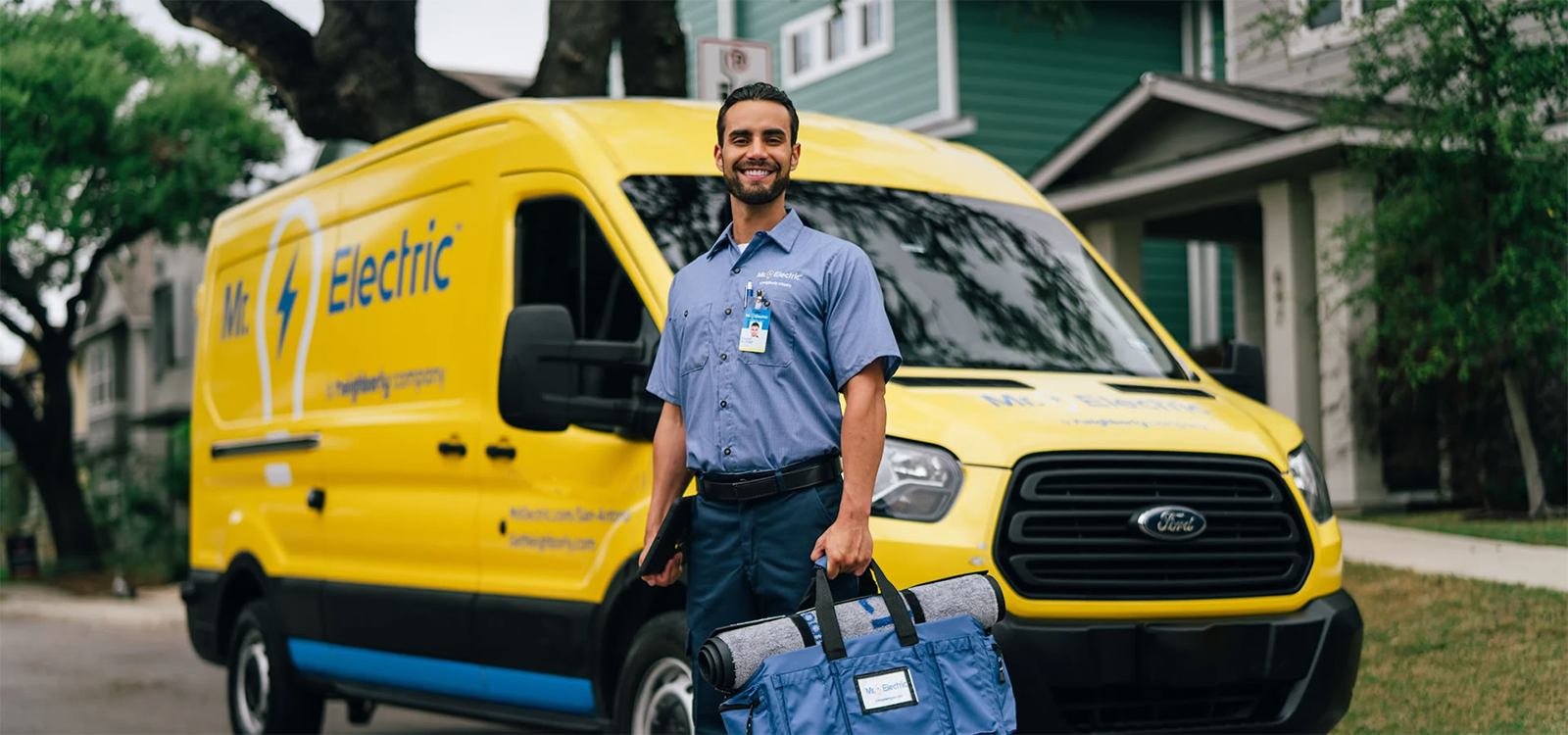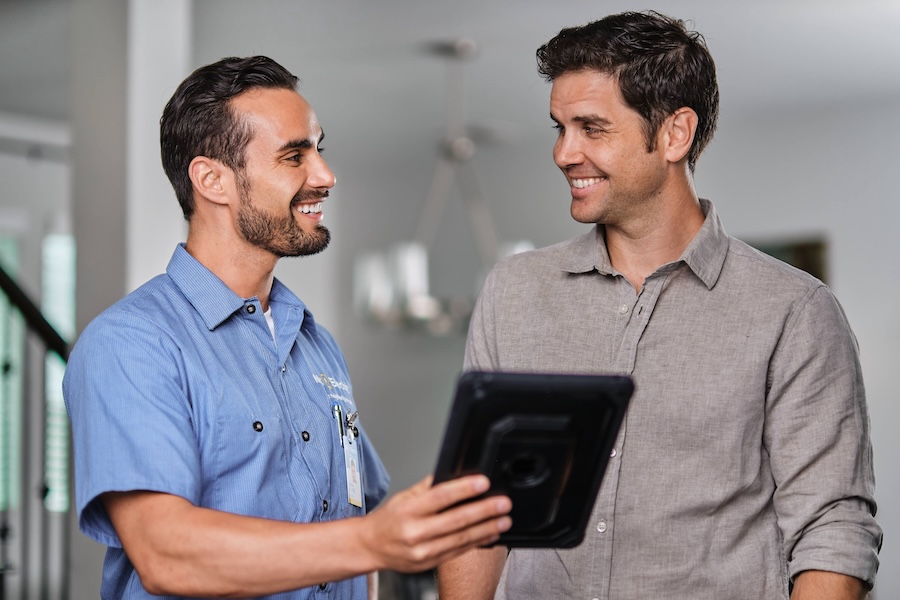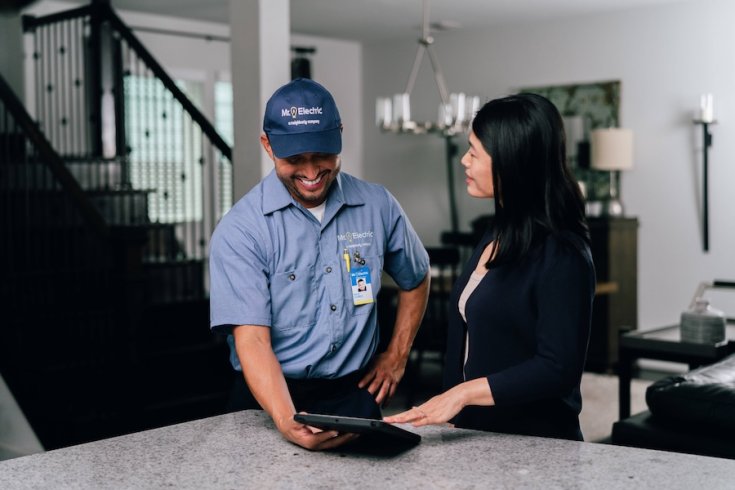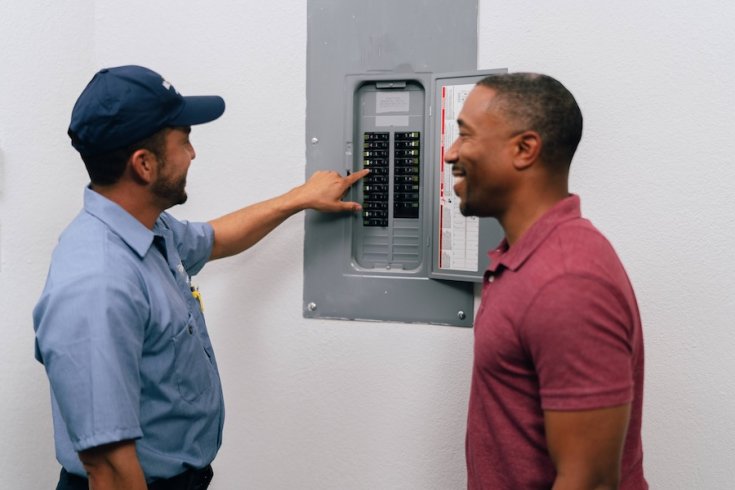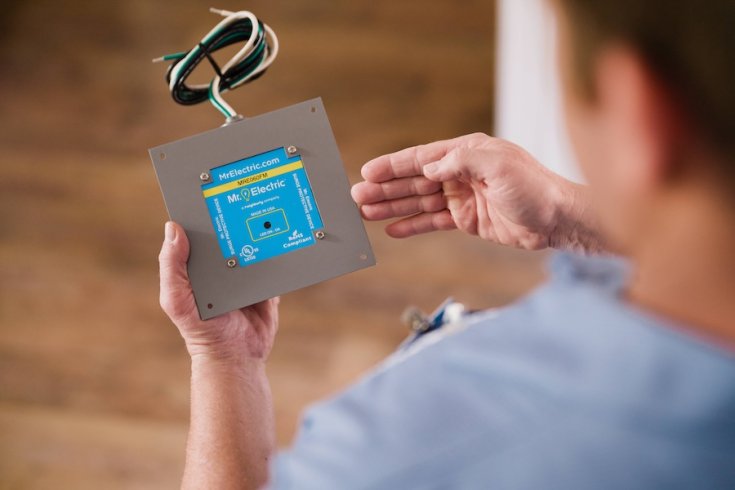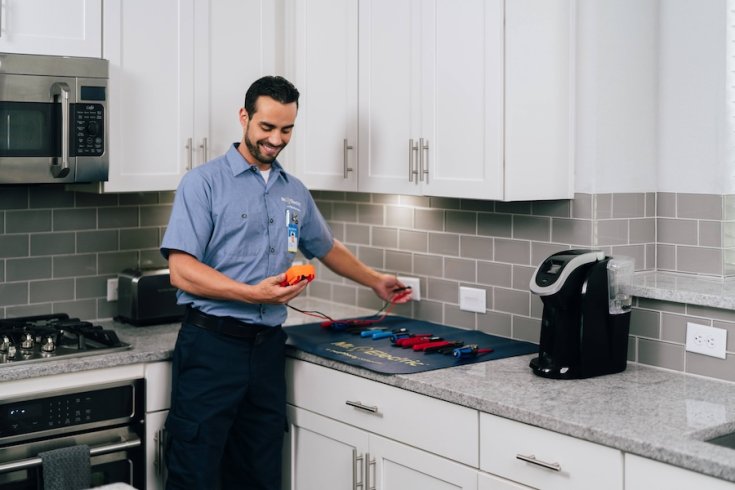What You Need to Know Before Automating Your Home
Just a couple of decades ago, the idea of controlling your lights, thermostat, and door locks from your phone sounded like something straight out of a sci-fi movie. Fast-forward to today and smart home automation is not only possible - it’s becoming the norm in modern homes.
With everything from voice-controlled assistants and app-based lighting to security cameras that send alerts straight to your phone, smart home technology is more accessible and affordable than ever. But with so many devices, apps, and systems available, automating your home can feel a little overwhelming at first.
Before you dive in and start turning your house into a tech-powered hub, take some time to plan and prepare. In this brief article brought to you by Mr. Electric, we share our two cents on what you need to know - especially if you want things to work smoothly and safely from day one.
If you'd rather speak with a certified electrician on the matter, then call or message Mr. Electric to schedule a face-to-face meeting or onsite visit for as soon as possible.
What Is Smart Home Automation?
Let’s start with the basics. Smart home automation means using technology to remotely or automatically control parts of your home (like lighting, climate, entertainment systems, and security). These systems can be controlled with your smartphone, tablet, or voice assistant.
For instance, with smart home automation, you can:
- Set your thermostat to adjust automatically when you leave the house.
- Turn off all your lights with a single voice command.
- Get notified if someone rings your doorbell while you’re away.
Smart home automation is convenient, energy-efficient, and can even boost home security. While it may look simple on the surface, however, behind every smart gadget is a system that needs to be properly installed, connected, and secured.
Start with a Plan
Before buying smart thermostats or bulbs on a whim, take a step back and think about what you actually want your smart home to do. Automation should solve problems or make life easier - not just look cool. Ask yourself:
- Do I want better security? (Think cameras, door sensors, smart locks.)
- Am I trying to save on energy bills? (Smart thermostats and lighting can help.)
- Do I want to control everything from one app or am I okay juggling a few?
If you're feeling cold feet, then start small with one system (like lighting or a smart thermostat) and build from there. Trying to do it all at once can lead to frustration and confusion... especially if devices don’t work well together.
Compatibility Is Key
Speaking of working well together... Not all smart home devices "speak" the same language. For example, some work well with Apple HomeKit, others function better with Amazon Alexa, and some are most compatible with Google Home - and not all play nicely together.
Before you buy anything, make sure it’s compatible with your chosen ecosystem. This way you can control all your devices from one place and avoid having five different apps for five different functions.
Also, check your Wi-Fi. Most smart home devices depend on a strong and stable internet connection. If your signal is weak in certain areas, then you might need a Wi-Fi extender before adding more tech.
Don’t Forget About Security
With all this new technology, there’s another kind of safety to think about: your personal data. Smart devices connect to the internet, and that means they can be vulnerable to hacking if not secured properly. So, make sure to:
- Use strong and unique passwords for all accounts and devices.
- Set up two-factor authentication whenever possible.
- Keep software and firmware updated regularly.
- Don’t use default usernames or passwords on your router or devices.
When to Call a Pro
Many smart home devices - like light switches, thermostats, and security systems - require electrical installation. If you're not 100% confident handling wires or connecting devices to your electrical panel, then this is the time to call a certified electrician.
The uniformed professionals at Mr. Electric are always ready to help. Whether you need a new installation or an emergency electrical repair, the local team at Mr. Electric is ready to take your call or message at any time of the day - or night.


